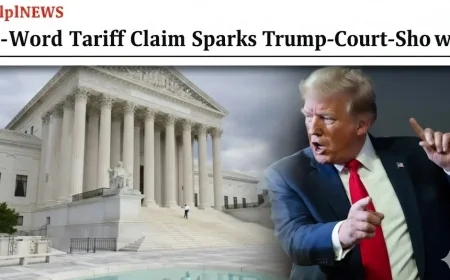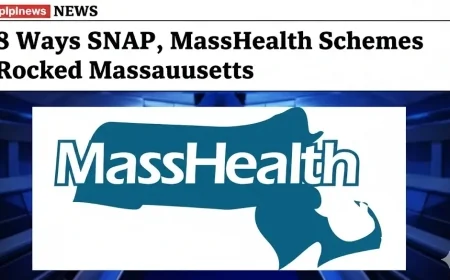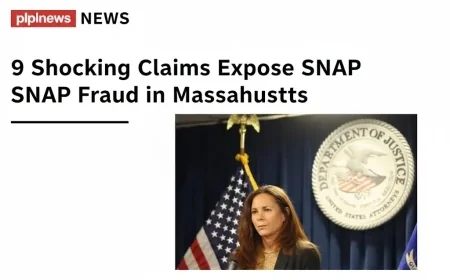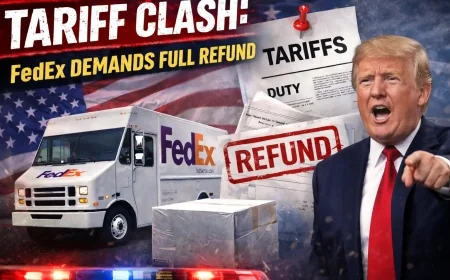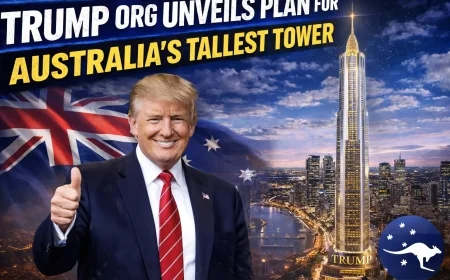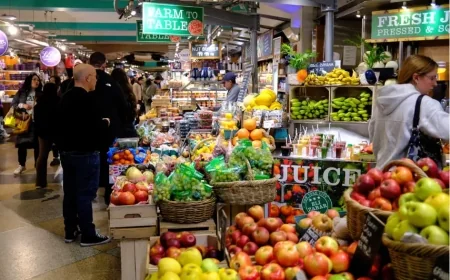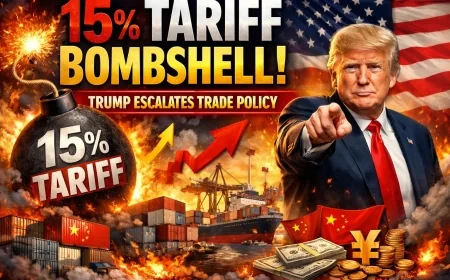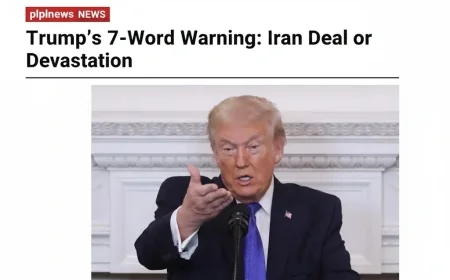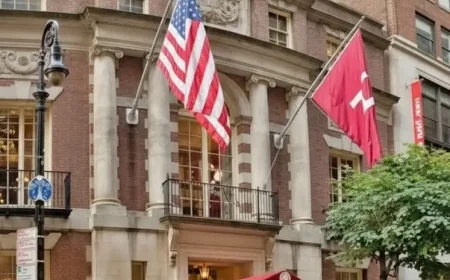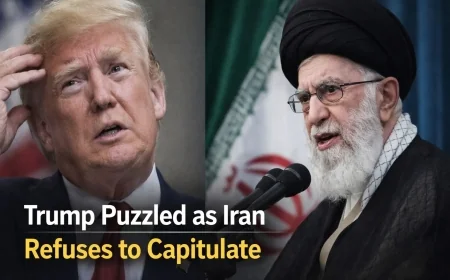The move comes as his administration faces growing pressure over rising prices. Although Trump previously downplayed concerns about the cost of living, he has focused on the issue since his Republican Party's poor performance in last week's elections.
Dozens of products on the White House's exemption list range from avocados and tomatoes to coconuts and mangoes.
The Trump administration said on Friday that these items cannot be produced domestically in sufficient quantities.
Trump has long maintained that his tariffs—which currently apply at a base rate of 10% on imports from all countries, and also additional duties on many trading partners—will not increase prices for American consumers. He also said that affordability is a "new word" and a "fraud" perpetrated by Democrats.
He has argued that these taxes are necessary to reduce the US trade deficit—the difference between the value of goods purchased from other countries and the value of goods sold to them. Trump has said that the US has been exploited by "cheaters" and "plundered" by foreigners. He further stated that higher taxes would encourage residents to buy American goods.
But rising grocery prices and beef prices have become a political issue for Trump. Last week, he called for an investigation into the meat-packing industry and accused companies of "illegal collusion, price fixing, and price manipulation."
He has aimed to garner support for the taxes by offering Americans $2,000 tariff rebate checks—while the US Supreme Court considers whether Trump has the legal authority to impose them.
But the latest exemptions signal a reversal by the Trump administration, as the White House seeks to lower prices by lifting tariffs on certain food items.
Speaking to reporters on Friday, Trump said the decision would affect products not produced in the United States, "so there's no protection for our industries or our food products."
He further stated that he did not believe further policy changes would be needed in the future, saying, "I don't think there will be."
Trump said, "We've made some slight reductions on some food items, like coffee, where coffee prices were a little high. Now they'll come down in a very short period of time."
Economists have warned that companies will pass the burden of the tariffs on to their customers in the form of higher prices.
Although inflation in September was lower than many analysts expected, the Labor Department's inflation report showed increases in prices for most items, with groceries rising 2.7% compared to last year.
The White House said the Trump administration's new tariff exemptions for food products will apply retroactively to midnight on Thursday, November 13th.
In another move to address consumer concerns about grocery prices, the Trump administration announced that import taxes on coffee and bananas will be reduced under trade agreements with four Latin American countries.
This week, both Trump and Treasury Secretary Scott Bessant pledged to reduce coffee prices in the US by 20% this year.
Which items will no longer be subject to tariffs?
The White House has released a list of more than 100 products that will no longer be subject to tariffs. Some of these are:
Coffee
Cocoa
Black tea
Green tea
Vanilla beans
Beef products, including high-quality cuts of meat, bone-in and boneless cuts of meat, corned beef, some frozen meats, as well as salted, brined, dried, or smoked meats
Fruits, including acai, avocados, bananas, coconuts, guavas, lemons, oranges, mangoes, bananas, pineapples, various types of peppers, and tomatoes
Spices, including allspice, bay leaves, cardamom, cinnamon, cloves, coriander, cumin, curry, fennel, ginger, mace, nutmeg, oregano, paprika, saffron, and turmeric
Nuts, grains, roots, and seeds, such as barley, Brazil nuts, capers, cashews,
chestnuts, macadamia nuts, miso, palm hearts, pine nuts, poppy seeds, tapioca, taro, and water chestnuts.
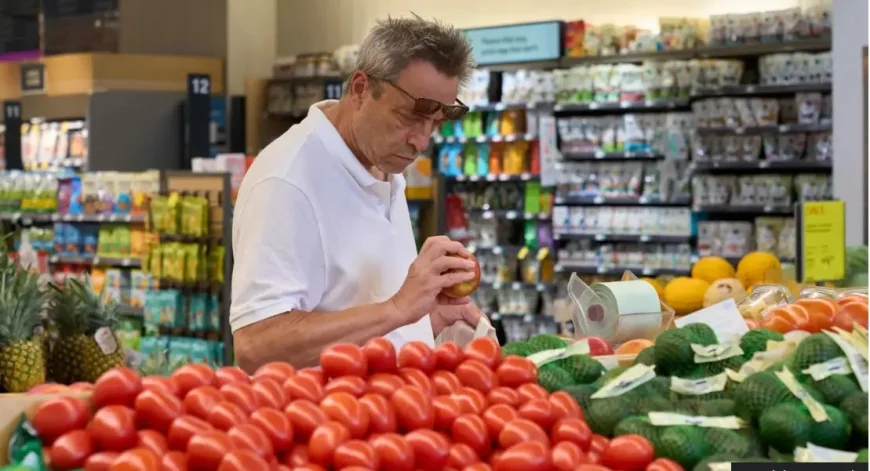
 Like
0
Like
0
 Dislike
0
Dislike
0
 Love
0
Love
0
 Funny
0
Funny
0
 Angry
0
Angry
0
 Sad
0
Sad
0
 Wow
0
Wow
0


